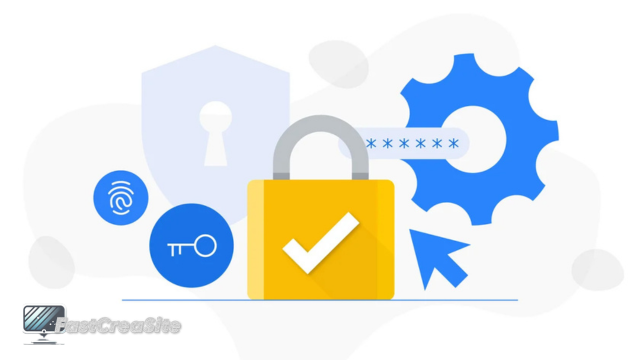
Website Security Mistakes Can Be Hacked in 10 Minutes
FastCreaSite – Imagine waking up one morning to find that your website security mistake—your data stolen, your content defaced, and your business at risk. Scary, right?
The shocking reality is that most website security mistakes are highly vulnerable to attack and hackers don’t need days to break in. With the right tools, they can compromise your website in just 10 minutes!
Cybercriminals constantly look for weak points in website security mistake, exploiting security loopholes that many website owners overlook. If you’re not actively securing your site, you could be their next target.
So, what is the website security mistakes that leaves your website security mistake ? Keep reading to find out—and learn how to protect your site before it’s too late!
Read more : This TikTok Viral Song Actually Has a Deep Meaning!
One of the most common but deadly website security mistakes is using weak or outdated software—whether it’s CMS platforms (like WordPress), plugins, themes, or server-side applications.
Hackers exploit known vulnerabilities in outdated software, using automated bots to scan the internet for websites with weak security. If your site isn’t regularly updated, it’s only a matter of time before an attack happens!
If you’re running an outdated version of WordPress, Joomla, Magento, or any other CMS, you’re practically inviting hackers into your site!
If your website admin panel uses a simple password like “admin123” or “password123”, hackers can crack it within seconds using brute force attacks.
How do they do it?
Solution: Use strong passwords and enable two-factor authentication (2FA) to prevent unauthorized access.
Using nulled (pirated) themes or outdated plugins is one of the easiest ways for hackers to inject malicious code into your website.
Dangers of unsecured plugins:
Solution: Only download plugins and themes from trusted sources, and update them regularly.
If your website has a weak or poorly coded login system, hackers can perform SQL injection attacks to gain control.
How does it work?
Solution: Always sanitize and validate user input to prevent SQL injection vulnerabilities.
XSS attacks happen when hackers inject malicious JavaScript code into a website, affecting visitors without them even knowing.
Consequences of XSS attacks:
Solution: Implement security headers and use input sanitization to prevent XSS vulnerabilities.
If your website is still using HTTP instead of HTTPS, it means your data is not encrypted—making it easy for hackers to intercept sensitive information.
Why is HTTPS crucial?
Solution: Get an SSL certificate (most hosting providers offer free SSL) to encrypt your site’s data.
Securing your website doesn’t have to be complicated, but it is necessary. Follow these essential security steps to prevent cyberattacks and keep your site safe:
So, is your website really safe? If you haven’t taken security precautions yet, you might be the next target. Don’t wait until it’s too late—secure your website now!
FastCreaSite - Web Development & Digital Solutions - Design teams increasingly adopt AI component generation Figma features to speed up…
FastCreaSite - Web Development & Digital Solutions - accessibility testing tools inclusive web designers rely on have become vital for…
FastCreaSite - Web Development & Digital Solutions - rapid prototyping tools UX teams adopt in 2026 are revolutionizing how user…
FastCreaSite - Web Development & Digital Solutions - The rise of jamstack technology is reshaping the way developers build websites…
FastCreaSite - Web Development & Digital Solutions - designers and developers increasingly rely on specialized tools to build interactive web…
FastCreaSite - Web Development & Digital Solutions - Speed up checkout experience is crucial for online retailers aiming to decrease…